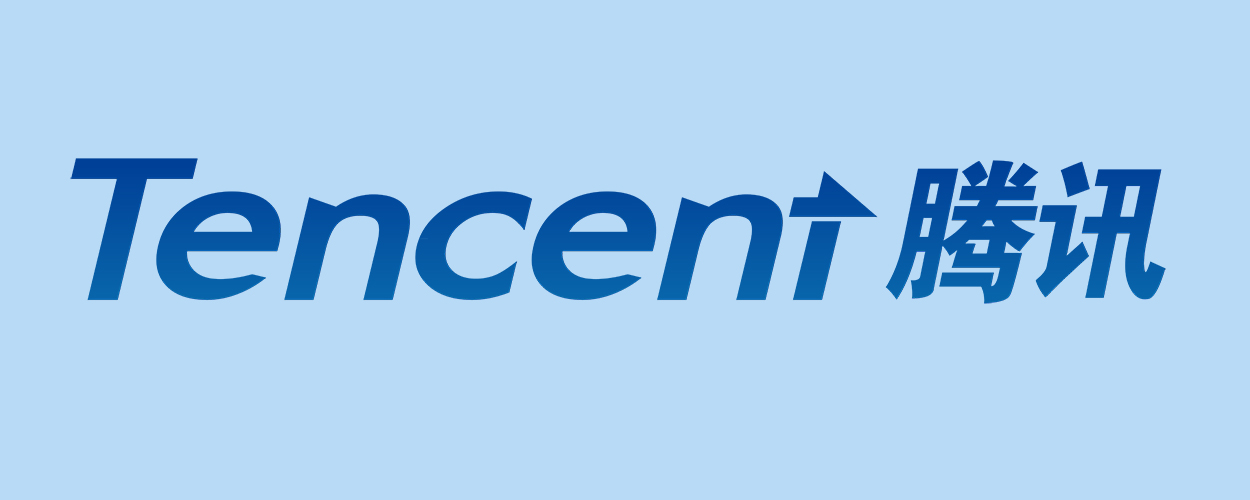This website uses cookies so that we can provide you with the best user experience possible. Cookie information is stored in your browser and performs functions such as recognising you when you return to our website and helping our team to understand which sections of the website you find most interesting and useful.
Business News Digital Labels & Publishers Legal Top Stories
IMPALA gearing up to oppose Tencent’s bid to buy 10% of Universal Music
By Chris Cooke | Published on Wednesday 27 November 2019

Pan-European indie label trade group IMPALA yesterday confirmed that it’s planning to oppose Vivendi’s deal to sell a 10% stake in Universal Music to Tencent. The indie labels say that the Chinese web giant taking even a minority stake in the mega-major is a concern because of its various interests in the digital music sector, particularly in the key emerging market of China, but elsewhere too, including its alliance with Spotify.
Vivendi announced in August that it was planning to sell a 10% stake in its Universal Music business to Tencent. The Chinese company will also have the option to buy another 10% down the line. Vivendi has previously said that it could sell up to 50% of the Universal Music Group and indicated last month that it was still talking to other possible buyers.
In its statement yesterday, IMPALA said that the alliance of Universal and Tencent would “change the whole music ecosystem and smaller companies will be the first to lose out”.
Universal, of course, is the biggest music rights company in the world, owning the biggest record company and merchandise business and the second biggest music publisher.
Tencent is the biggest player in digital music in China, now the seventh biggest recorded music market overall. It owns three streaming services in the country – QQ, Kugou and Kuwo – as well as the more lucrative karaoke app WeSing. Says IMPALA: “Tencent currently owns four out of five of the leading music apps and has an estimated 90% market share in the growing Chinese market for the retail of digital music”.
Tencent also has music interests beyond its main streaming services and beyond China. It also owns the streaming app Joox, which has a solid userbase in some key Asian markets and clear ambitions in Africa. And in 2017 it announced an equity swap with Spotify, giving it an interest in the biggest premium streaming company of them all.
Meanwhile, back in China, it acts as a music distributor via its sometimes controversial exclusivity deals with the majors, meaning that rival streaming services need deals with Tencent to access that catalogue. Those arrangements have at times been controversial even within China, and in August Bloomberg reported that Chinese competition regulators were investigating.
IMPALA referenced that investigation yesterday, reckoning that competition regulators around the world, including in Europe, should likewise be looking into Vivendi’s plan to bring Tencent in as a shareholder in Universal.
“This type of creeping influence will not escape regulatory scrutiny”, it said. “The fact that the Chinese competition watchdog is already looking into Tencent Music’s licensing deals with the majors underlines the importance regulators attach to ensuring fair play, and other regulators have raised the alarm about the power of online services and media giants”.
IMPALA chief Helen Smith added: “Even at a low level of shareholding, we believe the risk of harm for consumers and competitors from such a transaction would be a concern because of the impact in both the digital market and the music sector, with independents being squeezed further and artists also losing out”.
Confirming that IMPALA was also closely monitoring Vivendi’s other negotiations regarding the sale of Universal stock, Smith concluded: “We also need to see how the plan to sell the rest of the UMG shares available plays out. There could be any number of outcomes”.





